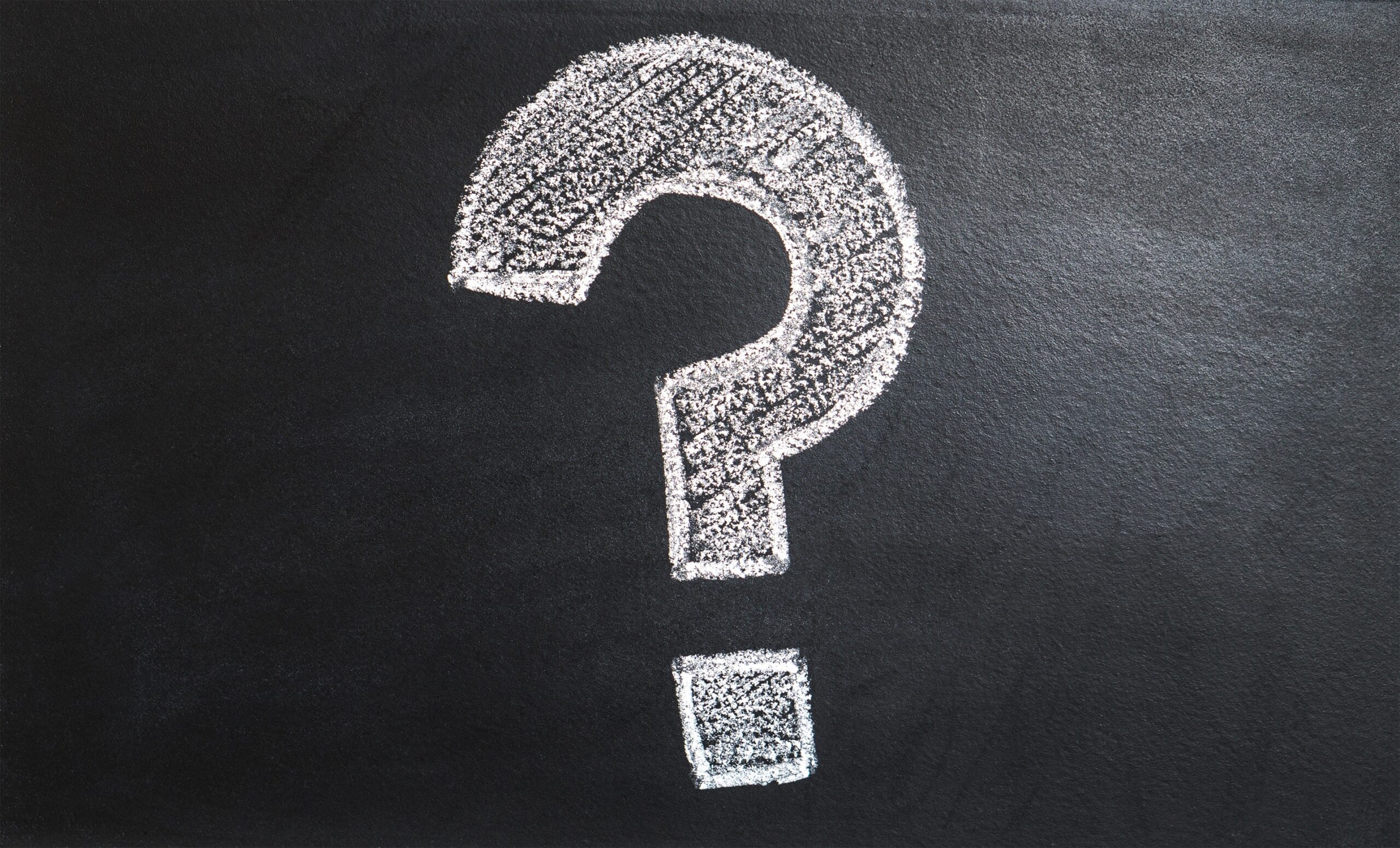Reading, like any skill, needs to be worked on for people to get good at it. Basically, this means that you will need to practise (a lot) with different sources. Here, we’ve put together our favourite tips to improve your reading, no matter your level.
Read a lot of different sources which cover different topics. By this we mean read brochures, books, blogs, newspaper articles, etc.. Do not just pick one type of source with one topic and stick with it. For example, picking fantasy books and only reading those. Instead try to vary what you are reading and where you are reading it. It is okay to start with one type of source and one topic, but when you get comfortable with it, you should expand your reading repertoire.
Read every day. Some days you might be very tired and can only read a little bit, while others you are interested in what the text is saying and you spend hours on it. This is perfectly normal. Even missing a day or two here and there is not a big issue. The important thing is to read regularly.
Look up the definition of words you do not know and reread to see if the text makes sense with the new definition. Sometimes, words have specific meanings in different contexts (for example, in biology, division has a different meaning than in mathematics). If the new definition does not make sense in that context, you might need to try with another definition. For example, if you are not sure of the definition of “bark” in the following sentence: “The tree bark has a small hole.” and you look up the definition of “bark”, but get the sound that dogs produce the sentence does not make sense (The tree produced a sharp cry which has a small hole.). You would then need to look up a different definition which makes more sense (The protective layer of the tree has a small hole).
Ask questions of the text and try to find the answers. This might seem like a weird thing say, but, as we covered in a previous article (you can read more here), asking questions of a text is a way to interact with it and remember it better. These do not need to be super complex questions. Even something as simple as “What’s going to happen?” is a great start. Finding the answers to your questions will probably mean reading to the end.
Sometimes, you will ask questions that do not have an answer in the text. In these cases, you can go online to try to find the answer (if it is a question that can be answered). For example, if you are reading a series of books that are not finished yet and have questions about what is going to happen, or what happened to a specific character, the answer might not have been printed yet. Though, in this case, you will probably find a lot of ideas out there, which can be interesting to read. If what you are reading is more technical, you can often find the answer online. E.g., the textbook does not explain how a certain molecule looks. The answer to this question can, most likely, be found online.


HELPFUL HINT
Reading a variety of texts can greatly help you with your reading.
Try to make notes as you are reading. This is a great way to help you remember what you’ve read (and to save having to reread paragraphs). This is an especially good tip if you are reading a textbook since writing notes will help you internalize the knowledge by writing it in your own words. If you are reading a novel that you will have to write an essay on, it might make sense to write down important sections or events to make your essay easier.
When you have some more confidence in reading, try to identify which texts are difficult for you to read (E.g. newspapers, novels, textbooks, etc.). By knowing which texts are difficult for you, you can spend more time getting used to them and the way they’re structured. For example, if you have trouble with reading textbooks, you should understand why that is. Do you have problems with the vocabulary? Do you not understand the long sentences they use? By asking these questions, you can try to figure out a solution to what is causing you trouble.
If, as you are reading, you notice a word that you do not know, it can be helpful to first try to extrapolate its meaning (see what we did there?). By first trying to figure out the meaning on your own, you will likely remember the word more readily than if you quickly search for the answer online. If this first step does not work (that is, you cannot figure it out from the context), try to read ahead a bit to see if the definition can be found there (see above for the definition of “extrapolate” in the following sentence). This is also a good method to use for when you cannot check the definition of a word (for example during a test).
Ask your teacher for tips on how you (specifically) can improve your reading skills. Online blogs/articles are a great starting point, but having a tailored approach is much better.
Do not rush. This is an important point to make. A lot of people think that the faster you read the better you are at it. This is often not the case. In fact, good readers go back and reread what they have read and will take time to digest what they have read.
Do not be discouraged if your reading is not progressing as fast as you wanted it to. The important thing is to keep trying and ask for help when you think you need it. It might take a while, but the end result will be worth it.
Need more help with your reading?:

